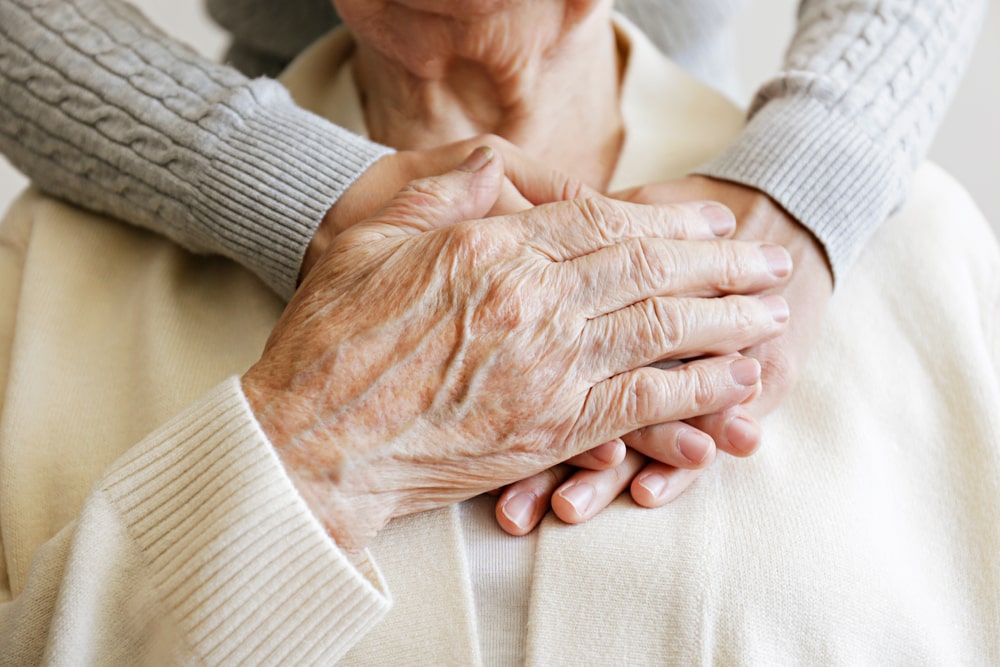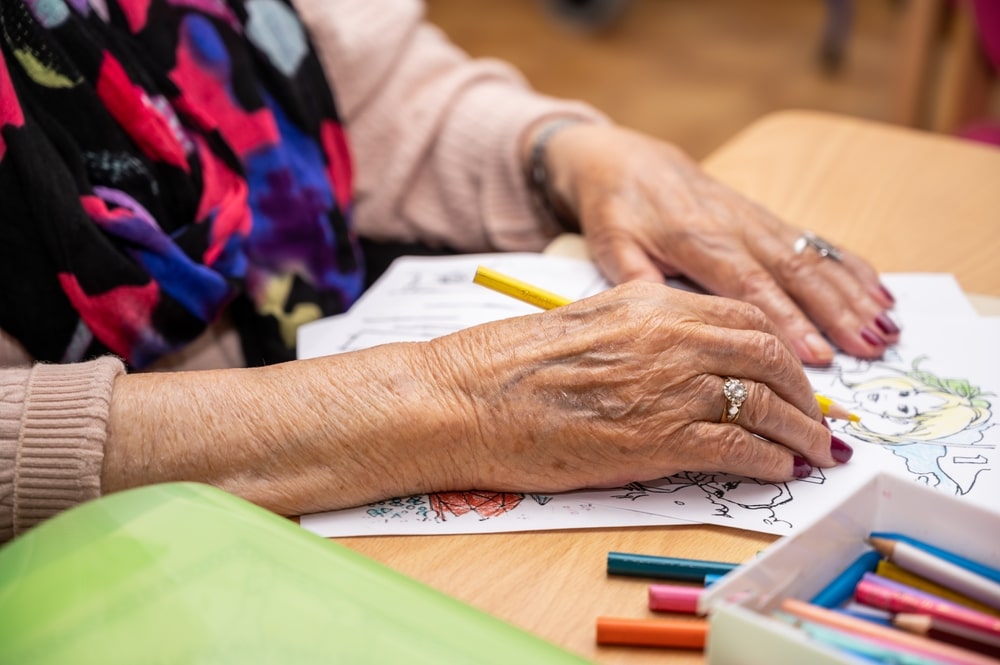Hospice volunteers play a vital role in end-of-life care. From sitting with patients to assisting behind the scenes, volunteers give their time and energy to help those navigating the final chapters of their journey. While this task can be emotionally draining at times, volunteers can make an extraordinary impact on the lives of hospice staff, patients, and the patients’ families.
Keep reading to learn about what volunteering with hospice looks like and how you can get involved!
What a Hospice Volunteer Does
Most hospice volunteers serve hospice patients and their families by providing patient companionship and caregiver respite, allowing caregivers to have a break and attend to their own needs. Some volunteers provide transportation for patients or run errands on their behalf, while others sit with patients and talk to them, share their hobbies, and take care of their needs.
But there are also many other roles that volunteers can fill! Some hospice services need administrative help, like answering phones or filing paperwork. Other hospice volunteers help with community outreach and fundraising. Some people volunteer their professional services at a discounted rate or for free, like offering to help with landscaping, providing haircuts, or performing massage therapy.
If you have an interest that could benefit a hospice program, don’t hesitate to ask about it! You may be able to help in a way that your local hospice service hadn’t considered before.
Why Volunteers Are Important

Hospice workers have a big job, and there’s only so much they can do in a day! Volunteers help provide a deeper level of service for hospice patients. Plus, some patients don’t have family members who can visit them, and volunteers can help fill that gap and provide social support for patients. Interacting with volunteers can improve a patient’s quality of life.
Volunteers can also fill the critical job of providing respite for caregivers. Caring for someone who is terminally ill can be physically and emotionally exhausting, and volunteers can help caregivers have time to take care of their own needs and get a much-deserved break.
Even if volunteers don’t interact directly with patients and their families, their work is still important! Administrative volunteers help hospice services run smoothly, create a welcoming environment, and provide top-notch care and service for families.
Benefits for Hospice Volunteers

Volunteering with hospice doesn’t just benefit the patient and their caregivers; it also benefits the volunteer. Serving others is fulfilling work, as is the knowledge that you are positively impacting someone’s life. As volunteers build relationships with the patients and families they care for, they hear stories, meet new people, and create deep connections that help them better understand those in different situations from themselves.
Additionally, hospice volunteers who help those receiving end-of-life care often learn to appreciate life more. Everyone has a limited amount of time in their lives, and interacting with hospice patients can encourage volunteers to appreciate what they have and strive to live a more meaningful life with the time they’ve been given.
How Can You Get Involved?

Every hospice program has its own unique needs for volunteers. While some hospice services require volunteers to be over the age of 18, others allow high school students to volunteer. Start by contacting your local hospice program and asking about their requirements and needs. You can also use the National Hospice and Palliative Care Organization search to look for nearby hospice providers.
After you know more about your local hospice services, determine the amount of time you are willing to contribute and discuss your skillset with the program. They may suggest areas you can volunteer in or ways you can use your skills. After you’ve signed up and filled out all the necessary paperwork, they’ll typically provide training to help prepare you for situations you may encounter and to make sure you can care for patients well.
Becoming a hospice volunteer is more than just lending a helping hand; it’s an opportunity to impact the lives of those in end-of-life care. Giving your time and energy to those at the end of their journey can be a rewarding experience, and we hope that you’ll join the ranks of hospice volunteers who serve those in need with compassion.





